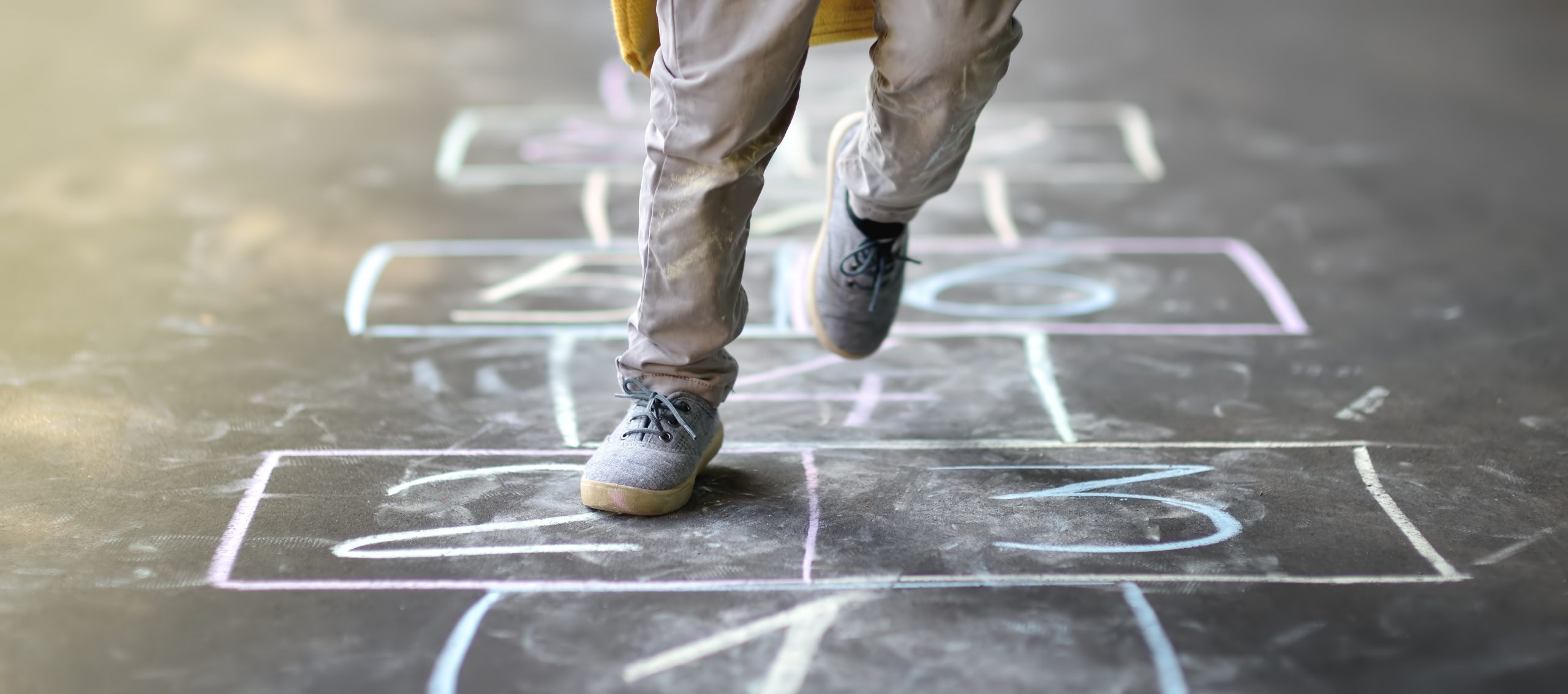While browsing through a folder of old documents, I rediscovered some poems written during my student years. One of them drew my attention because of a verse that resonated with me from the beginning: Only childhood makes us whole.
As a land of possibilities and a carousel of pure feelings, childhood is like a double-edged sword: it opens roads that carries us far, or keeps us captive in an unpleasant place.
They say that the first years of life compose not only the literal beginning of human existence but also its figurative beginning. Early experiences are those that outline our “destiny”, and childhood years visibly shape our journey, but not always in our favour.
An authoritarian family can instil fear and insecurity in the future adult, an emotionally unavailable family can block our openness towards the world, while the total absence of a family can weigh heavier on our shoulders than any erroneous parental model.
There’s a reason why the common causes of people not achieving balance in adulthood are related to the roots of their primary experiences: lack of affection, excessive control, or insecure attachments.
Childhood is a period of great fragility when little ones depend entirely on their primary caregivers, be they parents, siblings, grandparents, or strangers. This is the time when we deeply internalize everything that happens to us, but also what we are constantly denied.
In childhood, we are like sponges that absorb everything we are repeatedly exposed to, whether it is interaction with others, or the way in which our needs are not met.
Even if most of us may not remember the events of our first two or three years of existence, they stick with us until death.
A longitudinal study, published in the journal Child Development, shows that the type of emotional support children receive in their first three and a half years of life impacts their behaviour, even 20 or 30 years later, on the most important levels: education, social relationships, and romantic life.
In the study, the relationships of 243 children with their parents were observed, from birth to the age of 32. The analysis also took into account elements such as socioeconomic status or living environment, and the conclusions showed that a family atmosphere based on encouragement and affection helps children do better, achieve high performance in adult life and enjoy satisfying social and romantic ties.
“It seems like, at least in these early years, the parents’ role is to communicate with the child and let them know, ‘I’m here for you when you’re upset, when you need me. And when you don’t need me, I’m your cheerleader'”, says Lee Raby, a psychologist and postdoctoral researcher at the University of Delaware who led the study.
Another study, conducted at the University of Maryland, paints the picture in similar colours; the study’s results reveal that early experiences with carers may indicate if children will experience social anxiety in adolescence, a prediction made especially for children who are sensitive and distrustful of people.
A series of similar studies claim that what we experience as children goes way beyond adolescence, affecting the family we start with our partners. The outlook is worrying when our “inheritance” is dark, when our parents were not able to help us develop the skills we need to communicate, solve problems, or provide emotional support; when they couldn’t teach us—through the power of personal example—to master the art of compromise, and when they couldn’t provide a harmonious model of family health.
In this context, family health refers to the ability of family members to work together to adapt to changes from within and without, and reflects the power of the whole to activate those valuable physical, social, economic, emotional, or medical resources that are much needed in order to overcome obstacles.
To understand how family health is passed down from one generation to the next, researchers have correlated it to the positive and negative events experienced by subjects up until the age of 18. Among the negative events were abuse and neglect, divorce, mental illness, or substance abuse of a family member, and among the positive events were good relationships with caregivers, balanced roles in the household, comfort-generating beliefs, and trustworthy neighbours.
We already know that our past leaves its mark on our health, but we do not know how it affects that of families as a whole. Starting from the hypothesis that the family of origin constitutes the biggest influence on parenting style, studies revealed that, once they reach maturity, people tend to reproduce the behaviour of their parents/caregivers in their relationship with their children, a rule that applies regardless of the nature of these behaviours.
The way parents and other people close to their children process emotions, respond to stressors, offer and ask for help, or connect with others either decreases or enriches the quality of family relationships and members’ ability to access resources. If they are positive, the primary experiences set a healthy long-term trajectory, increasing the chances that the future adults will build their family life on harmonious and fertile ground. If they are negative, the exact opposite happens, and children who do not have a warm and understanding home often become distrustful of themselves and others, develop relationship difficulties, and are more likely to become physically or mentally ill.
The link between childhood and health and the ageing process is another aspect analysed by researchers. It has been shown that even prenatal life is relevant in this regard. Researchers cite the case of the adults who suffered from intrauterine malnutrition, during the Dutch famine of 1944-1945, an overwhelming majority of whom developed coronary heart disease, mental disorders and stress-related conditions, and had an increased risk of premature ageing of the brain.
At the same time, research has shown that, unlike people integrated into a stable economic and psychosocial climate, suitable to meet their needs, individuals raised in an inadequate environment are predisposed to poorer health, regardless of their current living conditions. They have an increased risk of developing chronic conditions, a weakened psycho-emotional state in mid-adulthood, lower cognitive abilities, general vulnerability and a more accelerated ageing process. Scientists reinforce the idea that early life shapes adult health and ageing processes, but quality longitudinal studies are needed to further develop this understanding.
Undoubtedly, childhood affects us all to a greater or lesser degree. Being aware of this can help us overcome the pitfalls of a less promising start in life, understanding that:
- In order to achieve the desired changes we will have to fight against firmly established patterns because today’s behaviours have deep roots in the past;
- We have the privilege of responsibility for the children in our lives, over whom we can have a positive influence;
- Showing empathy and setting expectations for those around us starts with recognizing the importance of our personal history;
- For the sake of our own children, we can and must be one step ahead of our childhood experience of parenting.
Beyond all that, the question remains: Can people heal from a disheartening past? Or, in other words, can our childhood make us truly whole?
Human development is complicated, says Jay Belsky, a professor at the University of California; however, people are capable of exceeding their limits and conditions. And the war against the past is not tilting at windmills. It is littered with constant battles, fought on many fronts. A war in which what matters—beyond advantages and disadvantages, losses and gains—is how much we want to reconcile the past.




















